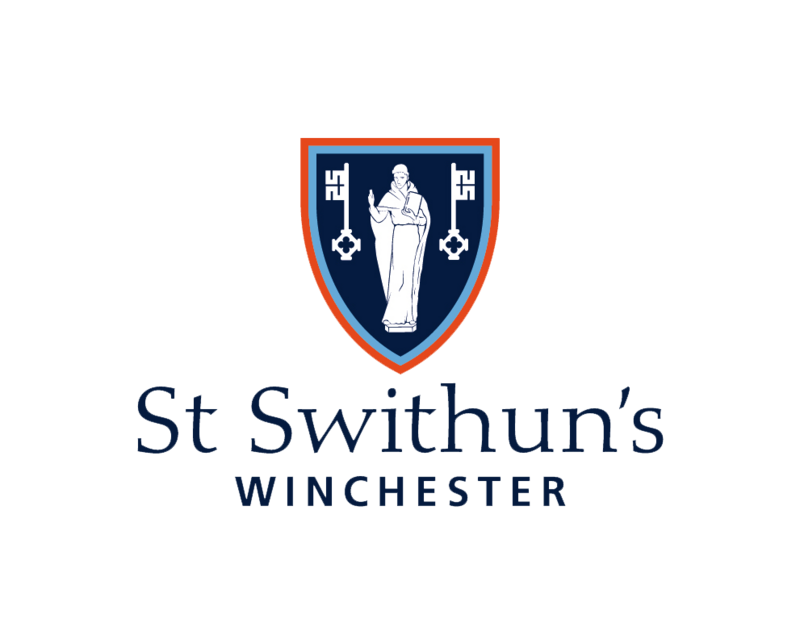
You will study and explore the ancient Greek and Roman worlds through reading and discussing original texts in translation, physical art and architecture, and enhancing your understanding with some secondary reading.
All we really require is an eagerness to learn and an enthusiasm for the ancient world. Of course, the course does follow on well from the GCSE but it can also be studied at A level for the first time if you are keen and willing to engage! You will need to like to read (there’s a lot of textual material to be covered as well as some secondary reading); and it does help if you are willing to express your ideas in discussion – we tend to talk about everything under the sun, from religion to war, from gender issues to law and from politics to art. And of course you will need to be prepared to write essays and longer answers; it’s not a subject where you can answer in figures or single words.
There are three examinations, all taken at the end of the two-year course. The World of the Hero paper – 40% of the total A level; 2 hours 30 minutes. This assessment will involve responding to prepared stimulus material from both texts, and essays, on the texts separately and comparing them. The entire focus of this paper is on literature in translation, considering the composition, themes, characters and cultural context of both epics studied. Culture and the Arts - 30% of the total A level; 1 hour 45 minutes. This assessment is entirely visually focused. You will have the opportunity to answer short questions based on provided visual stimulus material and also to demonstrate your knowledge more widely in an essay. Beliefs and Ideas – 30% of the total A level; 1 hour 45 minutes. This assessment is focused on the material you have studied, as well as wider reading you will have done about love and relationships in the ancient world, both real and idealised. You will again choose from a variety of question types, ranging from short answers to longer responses to prepared stimulus material and an essay.
About Education Provider
| Region | South East |
| Local Authority | Hampshire |
| Ofsted Rating | |
| Gender Type | Girls |
| ISI Report | View Report |
| Boarding Fee | �42,651 |
| Sixth Form Fee | �25,356 |
| Address | Alresford Road, Winchester, SO21 1HA |
You will study and explore the ancient Greek and Roman worlds through reading and discussing original texts in translation, physical art and architecture, and enhancing your understanding with some secondary reading.
All we really require is an eagerness to learn and an enthusiasm for the ancient world. Of course, the course does follow on well from the GCSE but it can also be studied at A level for the first time if you are keen and willing to engage! You will need to like to read (there’s a lot of textual material to be covered as well as some secondary reading); and it does help if you are willing to express your ideas in discussion – we tend to talk about everything under the sun, from religion to war, from gender issues to law and from politics to art. And of course you will need to be prepared to write essays and longer answers; it’s not a subject where you can answer in figures or single words.
There are three examinations, all taken at the end of the two-year course. The World of the Hero paper – 40% of the total A level; 2 hours 30 minutes. This assessment will involve responding to prepared stimulus material from both texts, and essays, on the texts separately and comparing them. The entire focus of this paper is on literature in translation, considering the composition, themes, characters and cultural context of both epics studied. Culture and the Arts - 30% of the total A level; 1 hour 45 minutes. This assessment is entirely visually focused. You will have the opportunity to answer short questions based on provided visual stimulus material and also to demonstrate your knowledge more widely in an essay. Beliefs and Ideas – 30% of the total A level; 1 hour 45 minutes. This assessment is focused on the material you have studied, as well as wider reading you will have done about love and relationships in the ancient world, both real and idealised. You will again choose from a variety of question types, ranging from short answers to longer responses to prepared stimulus material and an essay.